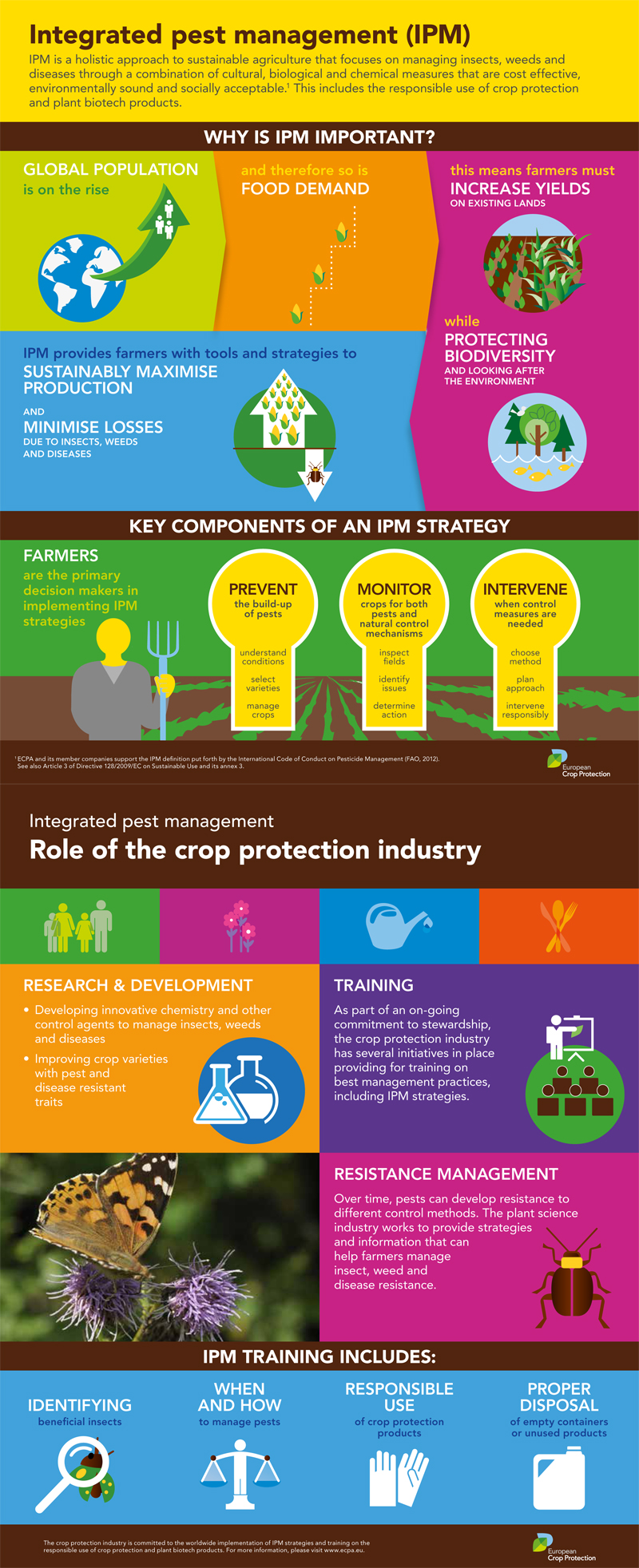Bug Professionals Recommend Utilizing Ecologically Conscious Techniques To Manage Rodents.
Bug Professionals Recommend Utilizing Ecologically Conscious Techniques To Manage Rodents.
Blog Article
Write-Up Writer-Brady Riggs
Did you recognize that rats are in charge of billions of bucks in building damage and health dangers yearly? If you're handling a rodent invasion, it's important to locate efficient and eco-friendly approaches to control them.
Pest specialists suggest different methods, such as making use of all-natural repellents, humane traps, and the integrated pest administration (IPM) approach. These methods not just prioritize the safety of your family members and the environment but likewise make certain long-term control.
However just what are these approaches, and exactly how can they help you tackle rodent troubles? Let's check out additionally.
Natural Repellents
To efficiently fend off rodents in an environment-friendly fashion, take into consideration using natural repellents. These repellents are made from plant-based active ingredients that are secure for the atmosphere and don't hurt the rats.
One prominent natural repellent is peppermint oil. Rodents find the strong aroma of peppermint overwhelming and will certainly stay clear of areas where it exists. Just saturate cotton balls in peppermint oil and put them in locations where rodents are most likely to go into, such as near fractures or openings.
One more reliable natural repellent is garlic. Rodents do not like the smell of garlic and will avoid locations that have been treated with garlic spray. To make your very own garlic spray, mix diced garlic with water and spray it around your home.
Using natural repellents not only assists maintain rodents away however also ensures the safety and security of your environment.
Humane Traps
Humane traps supply a caring and reliable method to capture and release rodents without triggering them injury. These traps are developed to catch the rodents to life, enabling you to safely release them back right into their natural environment. They're an outstanding alternative to traditional traps that can create injury or death to the rodents.
Humane traps work by luring the rodents into the catch with lure, such as food or nesting material. When within, click for source closes, preventing the rodents from getting away. https://blog.humanesociety.org/2023/03/usfws-withdraws-bad-hunting-rule-kenai-national-wildlife-refuge.html to examine the catches routinely to guarantee the rodents aren't left caught for prolonged periods.
Integrated Pest Administration (IPM) Technique
If you're seeking an environment-friendly technique to rodent control that exceeds humane traps, take into consideration implementing the Integrated Insect Management (IPM) technique.
IPM is a thorough strategy that focuses on long-lasting prevention and control of bugs, while minimizing using chemicals.
Here are 3 crucial elements of the IPM method:
1. Assessment: A thorough evaluation of your home assists identify the source of rodent invasion, such as access points or food sources. This enables targeted treatments and minimizes reliance on pesticides.
2. visit the following webpage : Executing safety nets like sealing cracks, saving food correctly, and maintaining cleanliness can help deter rats from entering your home or structure.
3. termite fumigation cost : Regular monitoring of rodent task enables very early discovery and treatment. This can include setting up traps, making use of non-toxic baits, or using electronic tracking systems.
Conclusion
Finally, when it pertains to rodent control, it's recommended to utilize eco-friendly methods such as all-natural repellents, humane traps, and the Integrated Insect Management (IPM) method.
By including these methods, we can efficiently take care of rodent populations while reducing harm to the environment.
Bear in mind, going green in insect control isn't only useful for our world but also for our own well-being.
So, let's accept these sustainable techniques and bid farewell to our hairy foes!
